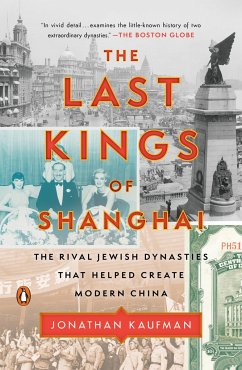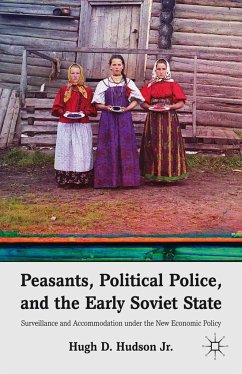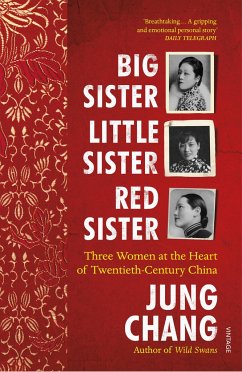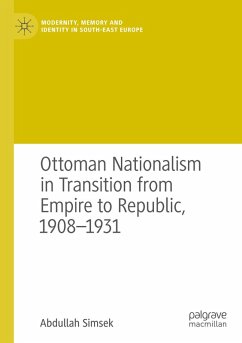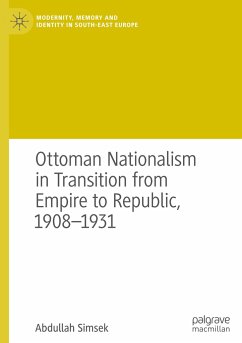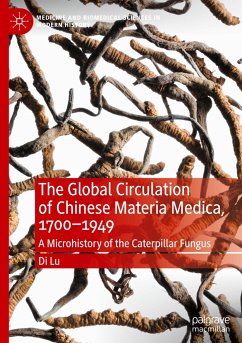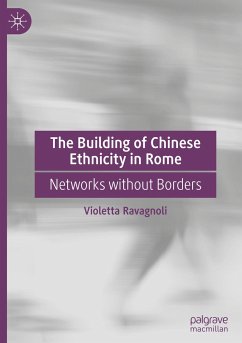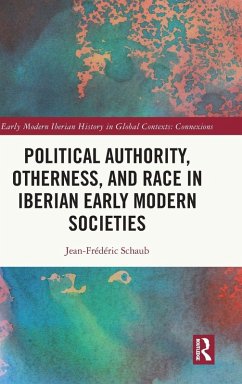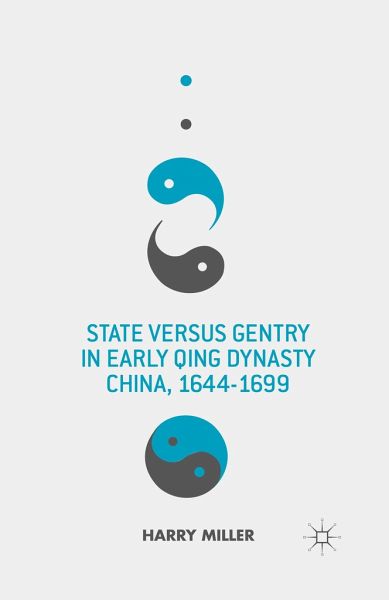
State versus Gentry in Early Qing Dynasty China, 1644-1699
Versandkostenfrei!
Versandfertig in 6-10 Tagen
38,99 €
inkl. MwSt.
Weitere Ausgaben:

PAYBACK Punkte
19 °P sammeln!
Continuing the argument developed in the author's previous book, this exhaustively researched study describes the humiliation of the Chinese gentry at the hands of the statist Oboi regents in the 1660s and the Kangxi emperor's self-declared Confucian sagehood in the 1670s, which effectively trumped the gentry's claim to sovereignty.





